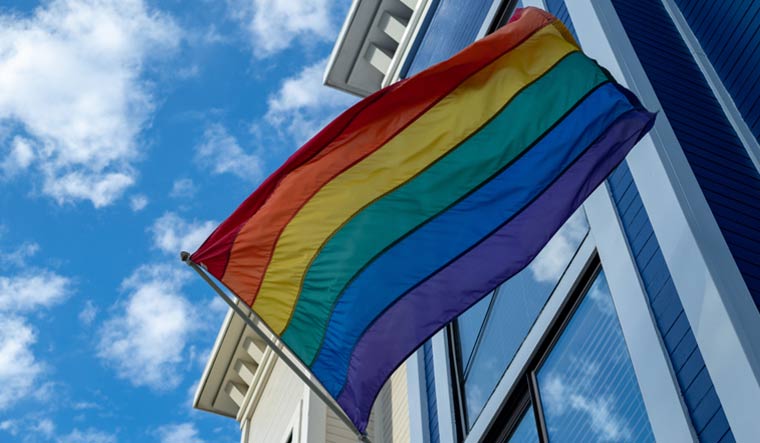In a landmark verdict, the United States Supreme Court on Monday ruled that the 1964 Civil Rights Act protected LGBTQ+ workers against workplace discrimination, including being fired from their jobs on account of their sexuality.
With a 6-3 decision, the court ruled that the act also covered sexual orientation, with the verdict delivered by Justice Neil M. Gorsuch—a conservative Justice appointed by US President Donald Trump—wrote the verdict.
The verdict came after the apex court observed separate cases, each of which saw employees fired for being homosexual or transgender.
“Clayton County, Georgia, fired Gerald Bostock for conduct “unbecoming” a county employee shortly after he began participating in a gay recreational softball league. Altitude Express fired Donald Zarda days after he mentioned being gay. And R. G. & G. R. Harris Funeral Homes fired Aimee Stephens, who presented as a male when she was hired after she informed her employer that she planned to ‘live and work full-time as a woman.’ Each employee sued, alleging sex discrimination under Title VII of the Civil Rights Act of 1964,” the court noted in their verdict.
Title VII of the act prohibits employment discrimination based on race, colour, religion, sex or national origin.
“An employer who fires an individual for being homosexual or transgender fires that person for traits or actions it would not have questioned in members of a different sex. Sex plays a necessary and undisguisable role in the decision, exactly what Title VII forbids,” Justice Gorsuch wrote.
Welcoming the verdict, Pete Buttigieg—the first openly-gay presidential candidate—said that just 11 years ago, he could have lost his job had his chain of command learned that he was gay. "Firing us wasn’t just permitted—it was policy," Buttigieg tweeted.
It was only 11 years ago this summer that I took an oath and accepted a job that I would have lost, if my chain of command learned that I was gay. Firing us wasn’t just permitted—it was policy.
— Pete Buttigieg (@PeteButtigieg) June 15, 2020
Among those who wrote the dissenting opinions was Justice Brett Kavanaugh, whose appointment to the apex court was mired by sexual assault allegations. Kavanaugh dissented along with Justices Samuel Alito and Clarence Thomas, arguing that the law protected against discrimination based on sex as it was understood in 1964, ie, not based on sexual orientation or gender identity.
“The Court tries to convince readers that it is merely enforcing the terms of the statute, but that is preposterous. Even as understood today, the concept of discrimination because of “sex” is different from discrimination because of ‘sexual orientation’ or ‘gender identity.’ And in any event, our duty is to interpret statutory terms to ‘mean what they conveyed to reasonable people at the time they were written," the dissenting Justices wrote.
The ruling acquires significance in the light of the Trump administration’s views on the transgender community, having earlier imposed restrictions on their hiring within the military. On Friday, the Trump administration reportedly finalised a bill that would erase anti-discrimination provisions for transgender people in health care and health insurance.
While Monday’s ruling would ostensibly be expected to protect transgender people from Trump’s military ban, Section VII of the Civil Rights Act does not apply to the military, as per a February verdict by the D.C. Circuit court.


